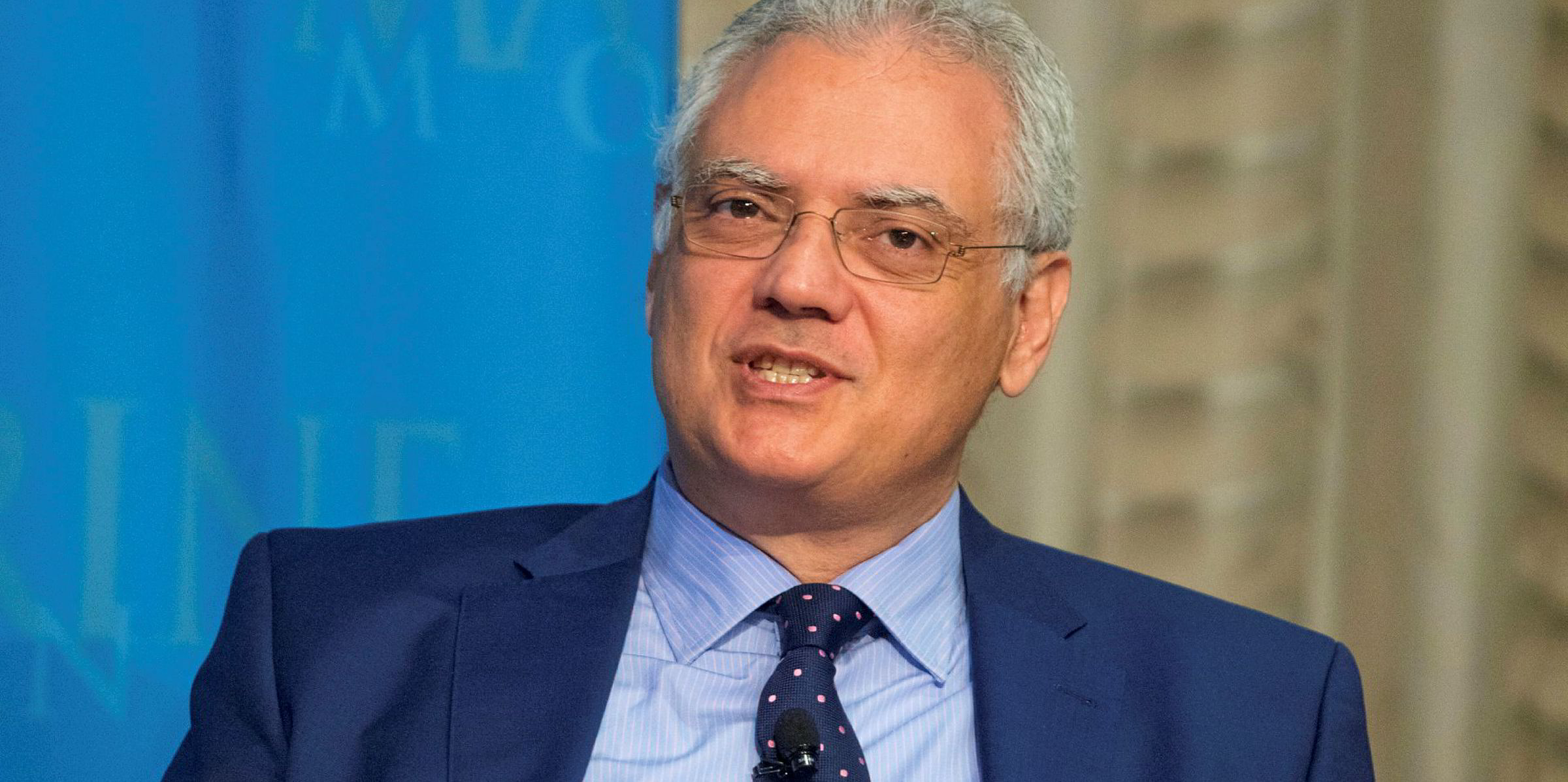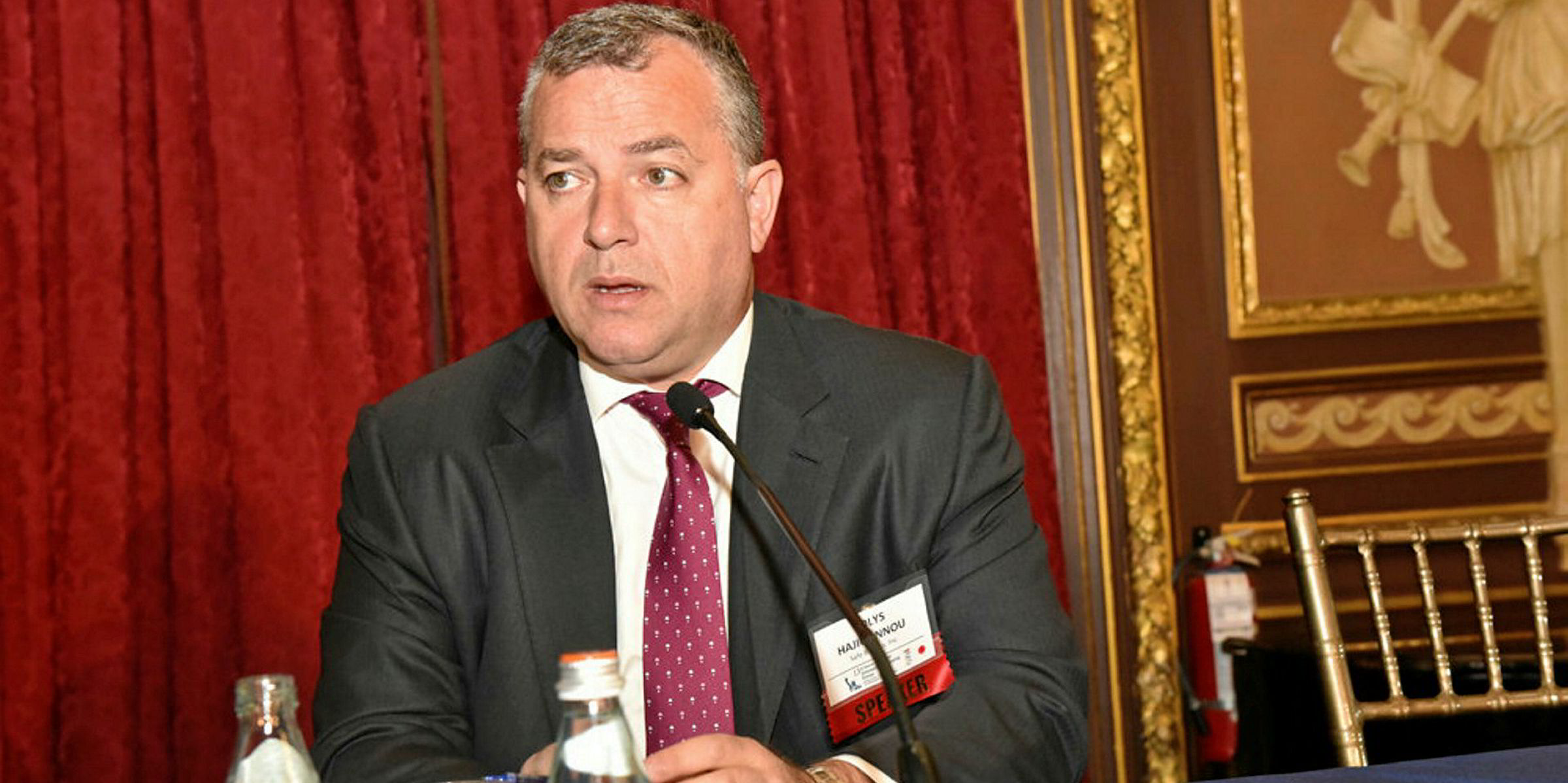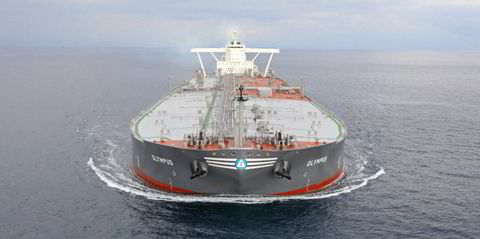Polys Hajioannou said Safe Bulkers will consider spending some of its cash on buying large bulkers.
The buying interest comes as the company is convinced that some ships are cheap at current prices and freight rates will improve considerably later this year.
“We are approaching the point where it would be worth making an investment in assets,” the Safe Bulkers chief executive told analysts in a conference call to discuss the company's 2019 financial results.
The company said in its earnings release that it was sitting on $174m of liquidity to cope with any fallout, or reap any opportunities, created by the coronavirus epidemic. The release didn’t disclose how the bulker owner would consider spending some of that cash.
New York-listed Safe Bulkers is known to be a counter-cyclical asset player, and it also has a stock repurchase programme running. Hajioannou told analysts that both avenues are an option under current circumstances.
“If we go for assets, I believe we should go for bigger ships, not smaller, from kamsarmaxes upwards – post-panamaxes or capes,” he said.
Secondhand candidates
Five-year-old vessels in particular are a good buying opportunity, since their prices would continue to be under pressure in the near future, he explained.
Hajioannou is bullish on the market's prospects. He said he expects trade in China to “pick up substantially” after the Covid-19 outbreak subsides. By the time Safe Bulkers report second-quarter results, he said, the market would be “a lot higher than it is today”.
The executive also said that Covid-19 would even benefit the market going forward because. He believes that disruption of business at Chinese yards will push back to 2021 about a third of newbuilding deliveries planned for this year. “There is not a bad thing without a good thing coming behind it,” Hajioannou told the analysts.
Safe Bulkers has a fleet of 42 ships, ranging from panamaxes to capesizes. That includes one 85,000-dwt unit currently under construction in Japan, scheduled to be delivered in the first half of this year.
The company, based in Limassol and Athens, is installing scrubbers on 20 of its ships.






